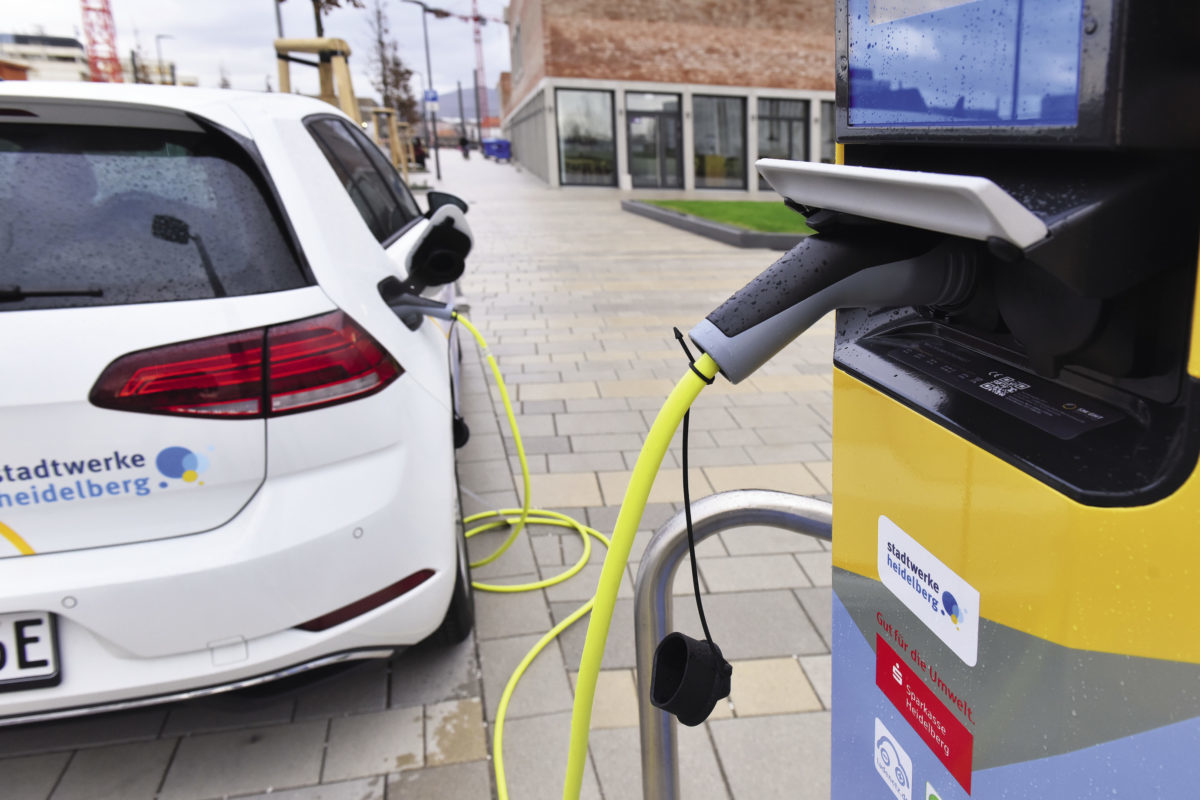State-run fossil fuel giant Indian Oil Corporation, which recently raised a minority stake in Israel based startup Phinergy, is in talks with leading automobile makers in India to start field trials for the metal-air batteries that it intends to produce in a joint venture with Phinergy, news agency PTI reported.
Metal-air batteries, when combined with Lithium-ion batteries, can provide electric vehicles with a range of up to 600 km—paving the way for large-scale adoption of electric cars.
“If the field trials are successful and if our talks with EV makers fructify, the metal-air batteries can complement the lithium-ion batteries to provide a hybrid solution for large-scale adoption of electric vehicles. In terms of range, it can easily offer over 600 km,” PTI quoted IndianOil chairman Sanjiv Singh.
Further, compared to other batteries, especially Lithium-ion batteries, which currently dominate the market share, metal-air batteries [such as aluminium-air] are cheap, because the cathode source (oxygen from air) is abundant and the anode can be made using low-cost metals such as Al, Zn and Fe—according to the paper “Recent Progress of Metal-Air Batteries” published by Applied Sciences.
Phinergy specialises in aluminium-air (Al-Air) and zinc-air battery systems that have great potential applications in electric mobility and stationary applications.
Under their partnership, IndianOil and Phinergy intend to set up a factory in India to manufacture Al-Air batteries for electric vehicles and stationary applications and facilitate development of eco-system for Al-Air technology.
Aluminium is naturally available in India and its extraction and recycling technologies are also very well established.
“We are confident that this Al-Air battery technology would complement Lithium ion batteries to provide a hybrid solution for large-scale adoption of electric vehicles in the country. Al-air battery technology has advantages on a number of factors like range, energy density, safety of operations, life-cycle, ..India-centric,” Singh said in an earlier statement.
This content is protected by copyright and may not be reused. If you want to cooperate with us and would like to reuse some of our content, please contact: editors@pv-magazine.com.









Battery Powered Electric Vehicles is a “Dead End” Solution…. like a “Cul-De-Sac”… it will bring you back to where you started…. massive wastes… Expensive Ownership as Battery Costs exceed “Fuel (aka Electricity) Costs…. and (inaccounted) Battery Waste Pollution Handling and Manufacturing Energy Costs… reduce… overall Efficiency even further…
SOLUTION…. COMPRESSED AIR VEHICLES…. (WHAT IS TATA WAITING FOR)… NO ENERGY STORAGE REPLACEMENT OR TOXIC WASTE COSTS…. POTENTIALLY LOWER “TECHNICAL” EFFICIENCY WILL BE OFFSET BY “FREE AIRCONDITIONING AND ABOVE “ENERGY AND POLLUTION CREDITS”
IF COMBINED WITH AGRIVOLTAICS… THE COUNTRYSIDE WILL FLOURISH… YES TIME FOR JAI KISAN…. AGAIN..
Using a lithium ion battery will be a biggest drawback for world environment and Indian automobile sector has to still rely on chinese lithium. These cars should be only with aluminium air batteries.
This is very informative. Thanks for sharing your informative article with us. Keep up the fantastic work.
TNR e vehicles industry provides the most sensational revolution in Electric Vehicles. Tnr Vehicle industry proves great features such as No license required, No registration required facilities to give you the driving experience.